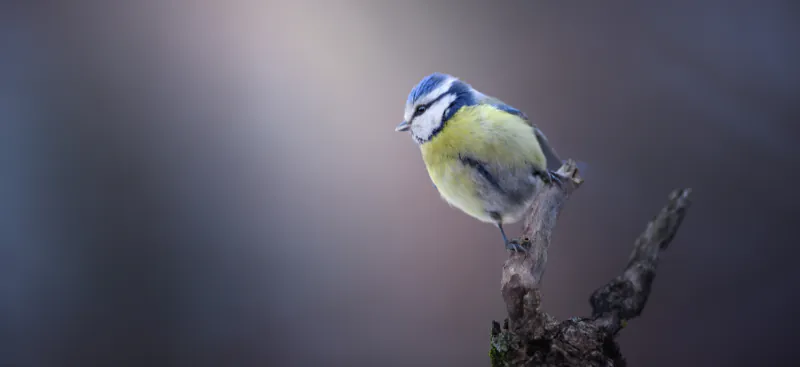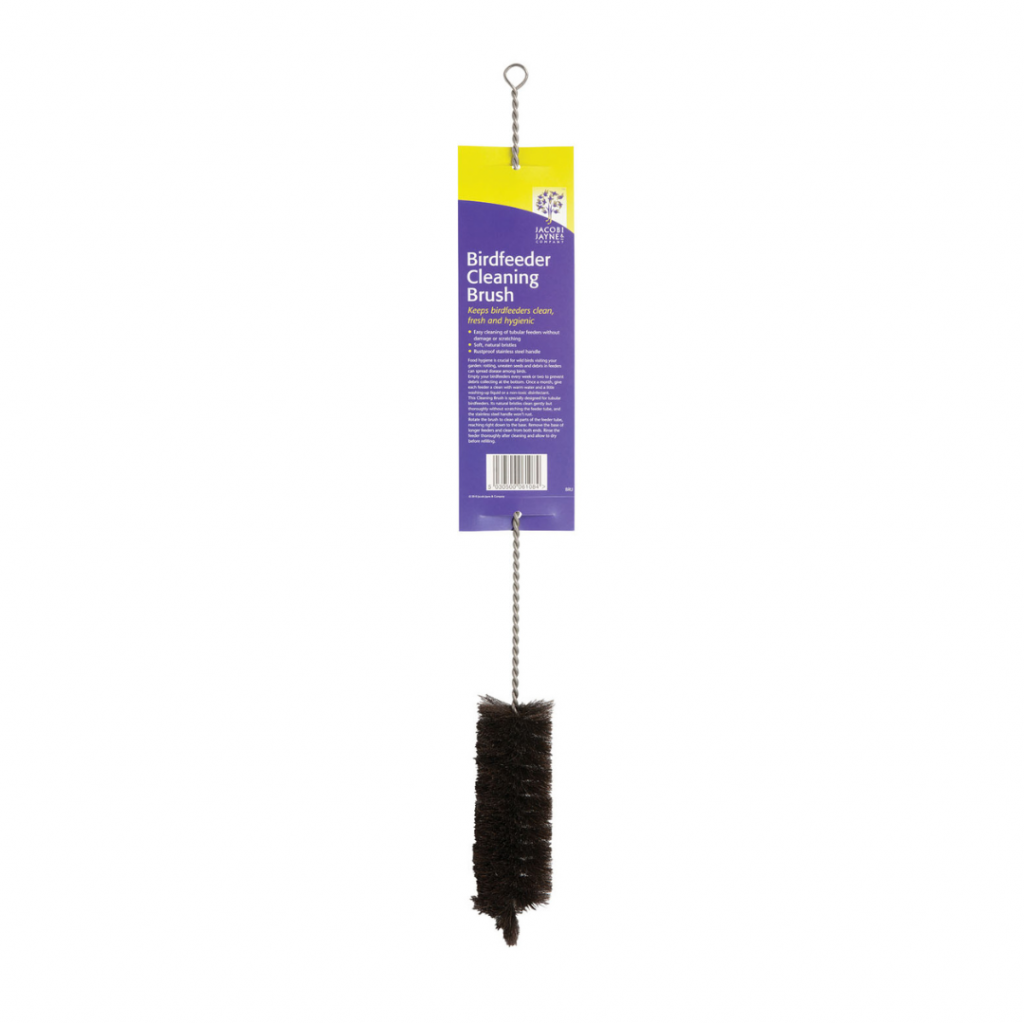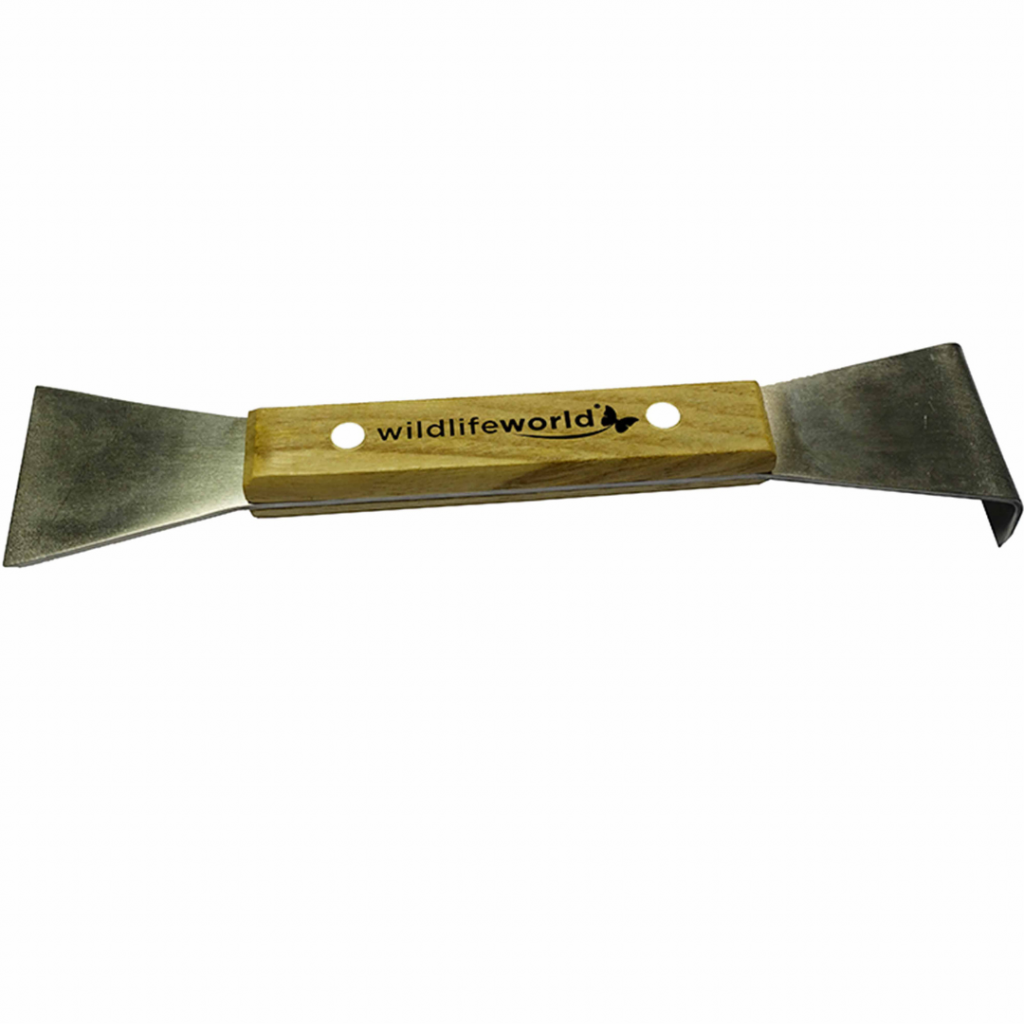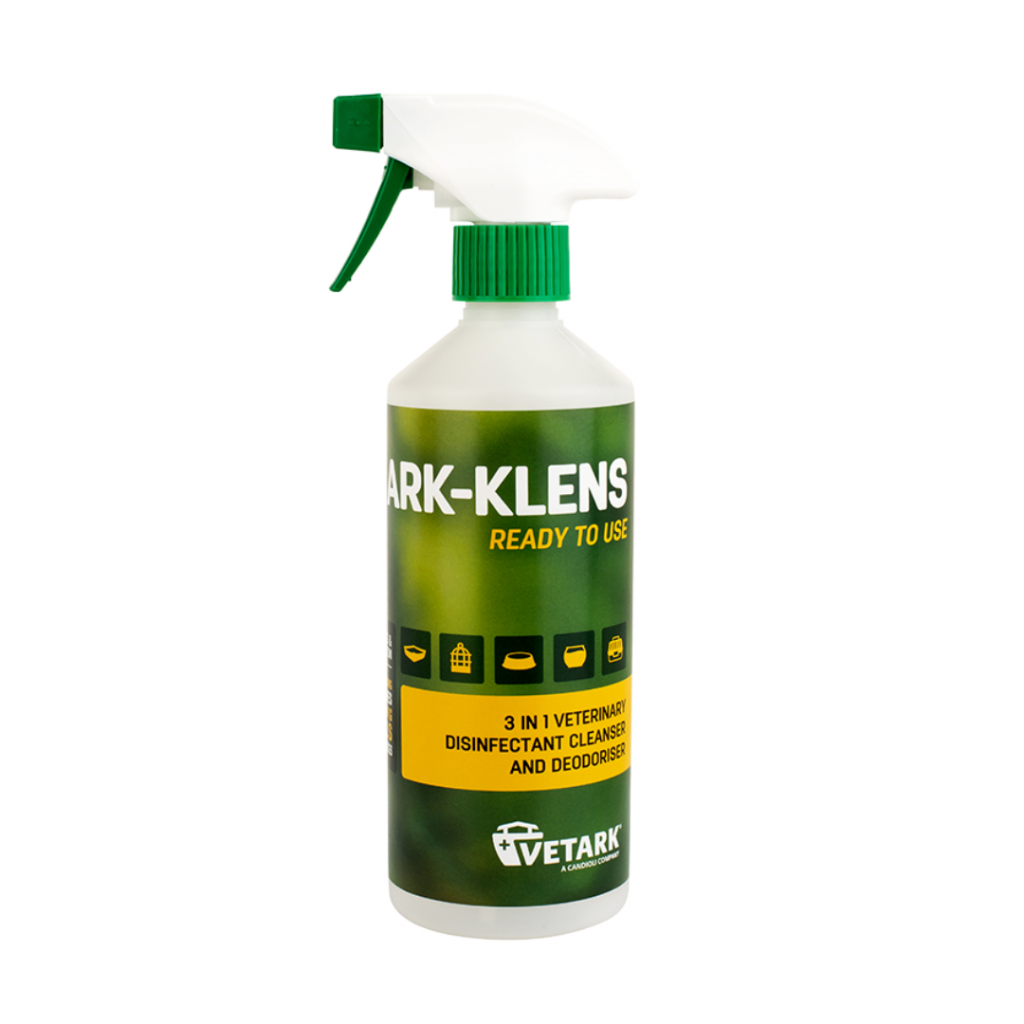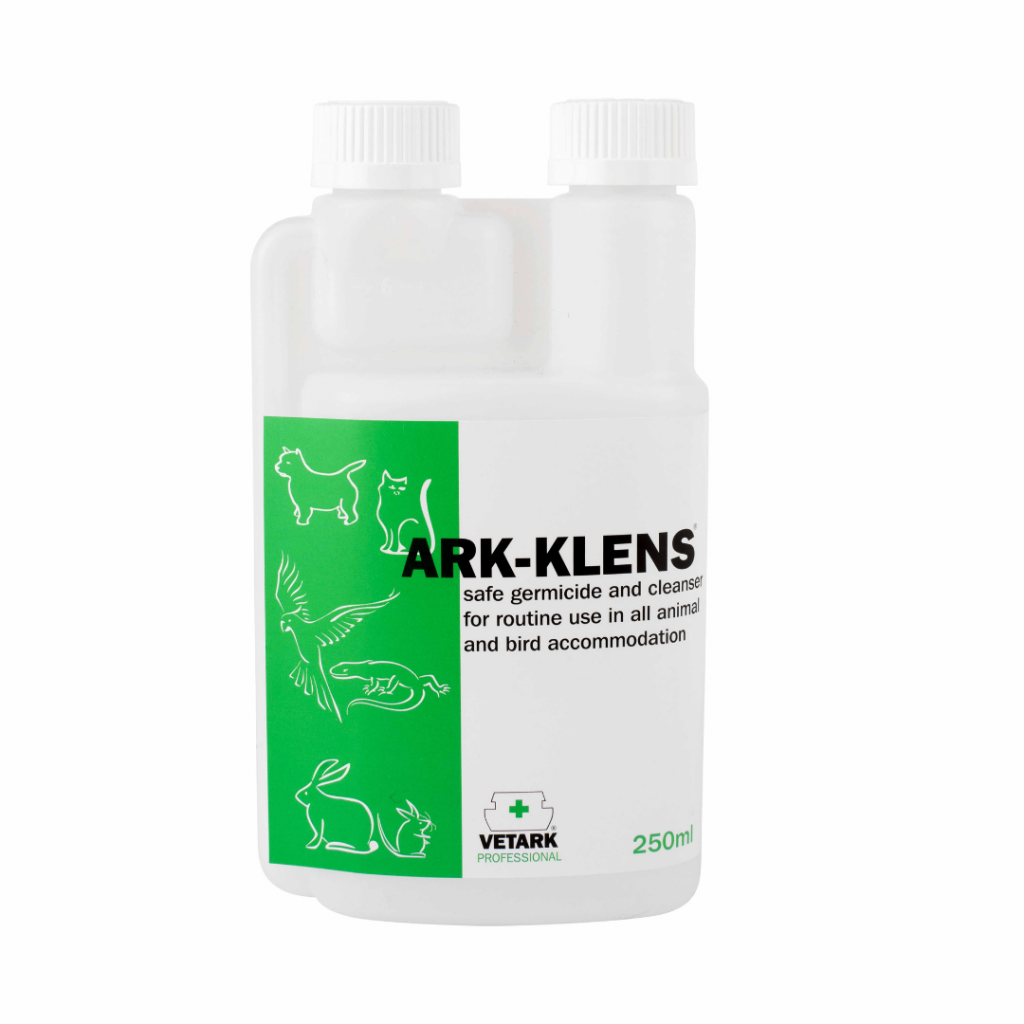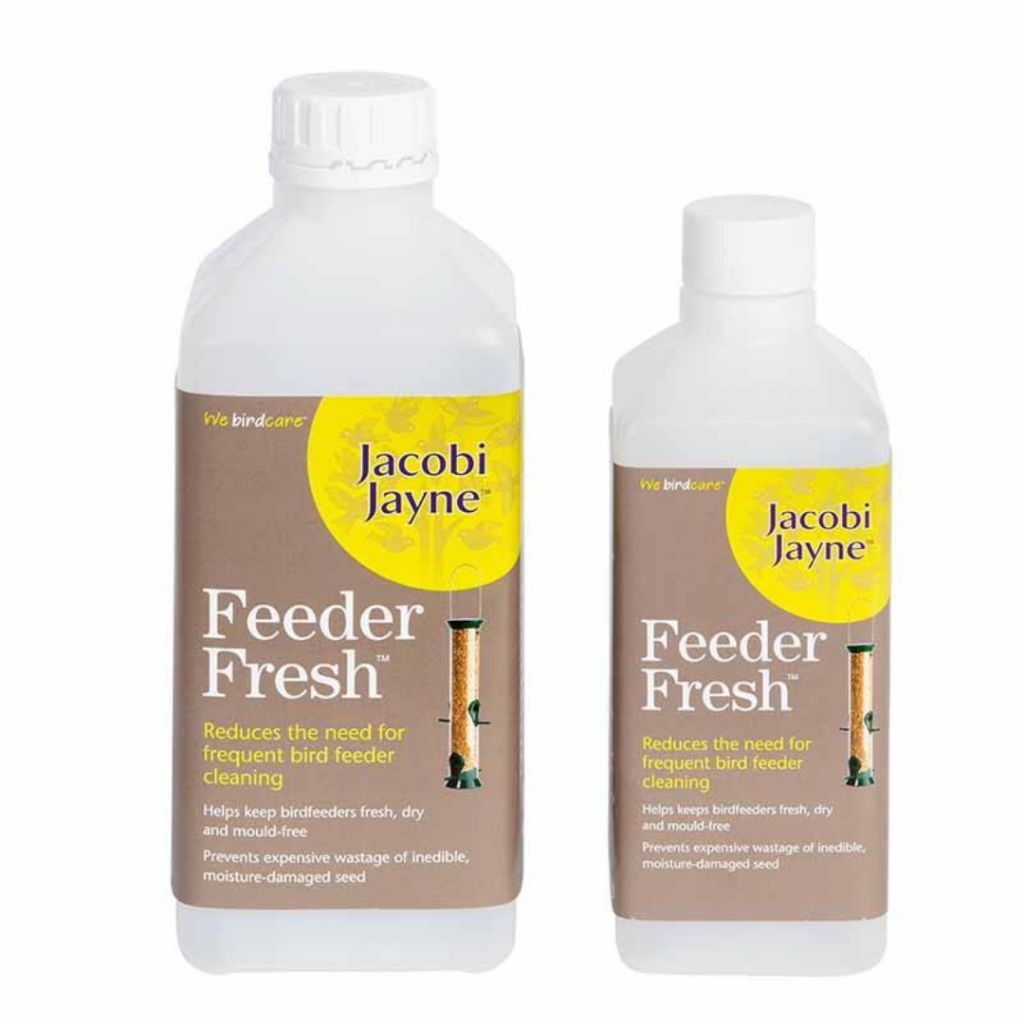Bird Flu in Garden Birds
The 2021/22 epidemic of HPAI (Highly Pathogenic Avian Influenza) virus still affects the UK's wild bird population, with thousands being killed amid the biggest outbreak Britain has ever seen. It's mainly seabirds and poultry that have been infected, and their death toll continues to rise. Many species have taken a hit to their population, with a third of the Solway barnacle geese being lost. Although it's mainly seabirds and poultry being affected, it's still good to avoid diseases spreading in your gardens. Here are some tips for protecting your garden birds against bird flu and other infections.
What is bird flu?
Bird flu, or avian flu, is a virus which causes a disease in birds, including poultry, pigeons and wild birds. Like other viruses, there are many different strains of the bird flu virus, with the main concerning ones listed below.
- H5N1 (since 1997)
- H7N9 (since 2013)
- H5N6 (since 2014)
- H5N8 (since 2016)
How does bird flu spread?
Bird flu can spread from bird to bird (or bird to human) by exposure to infected saliva or droppings. Many believe wild birds are the leading cause of bird flu spreading, but this isn't entirely true. Studies suggest that human commercial activities, particularly poultry-related ones, are one of the leading causes of bird flu spreading. However, it doesn't mean your garden birds are completely safe. There is still a chance bird flu can spread in your garden.
How to keep my garden birds safe from bird flu?
You can do some simple things to prevent bird flu and other diseases from infesting in your garden. Here are some of our tried and tested tips for keeping your birds safe and regular visitors.
- When it comes to keeping your birds safe from infection, hygiene is key. It's essential to give your feeders and bird baths a thorough clean with disinfectant and warm water at least once a month (or when you notice any build-up in food). There are lots of bird feeder-specific cleaning products and disinfectants available – but any animal-safe cleaning product is suitable to use. Click here to see our complete guide with step-by-step instructions on how to clean bird feeders.
- Try and purchase high-quality feeders that have easy clean functionality. There are several on the market which can be broken down completely, including the Big-Easy Feeders, which we use here on the farm!
- If you notice a sick bird or animal in your garden, even if you don't see them on your feeders, give your bird feeding set-up a complete clean immediately.
- If your feeders reach the stage where you're unable to completely remove grime from them, it's best to replace them entirely.
- If your food is taking too long to be eaten, put less food out or buy smaller feeders. The longer food stays in the feeder, the higher the risk of it going stale or mouldy and becoming inedible.
- Having more than one feeder in your outdoor space is also great for reducing the spread of infection in your garden. You'll avoid overcrowding in one area by having numerous feeders located in different places.
- Move your feeders and feeding stations regularly. This prevents droppings and wastes from accumulating underneath the feeder, which can cause disease and attract unwanted vermin.
The best cleaning products for bird feeders
At Ivel Valley Bird food, we have everything you need to keep your bird feeders/tables, bird baths, and nest boxes. squeaky clean, without harming your feathered friends. All products listed below are non-toxic or irritant and will not harm any of your garden birds.
Is it safe to feed the birds?
Wild birds are more immune to bird flu than domestic birds. Even those that are infected can show no signs of symptoms. The RSPB have confirmed we can still care for garden birds as normal as it is extremely unlikely you'll catch bird flu by feeding wild birds. However, we do encourage you to practice good hygiene in your garden.
Can humans get bird flu?
Very few strains of bird flu can pass from bird to human, and the ones that do can find it challenging to infect the host. This is why it's extremely rare for humans to catch it. The risk of a person catching bird flu only occurs when there has been direct contact with infected birds, their saliva or droppings. This is why it’s always good to wear gloves or thoroughly clean your hands when handling feeders. Humans can pass bird flu on to other humans, but this is also a rarity.
How long does the bird flu virus live on surfaces?
Some bird flu strains and other diseases can survive on surfaces for up to two months. Even though it is hard for humans to become infected, it still leaves birds vulnerable to infection. This is why cleaning your feeders and bird baths is crucial to prevent infected birds from spreading diseases to other birds.
How do you know if a bird has bird flu?
The most common bird flu symptoms found in infected wild birds are:
- Lack of energy, appetite and coordination
- purple discolouration
- swelling of various body parts
- diarrhoea
- nasal discharge
- coughing and sneezing
- and reduced egg production or abnormal eggs
What about birds nesting around my house and garden?
There is no need to be alarmed if you find an occupied nest in your area, as it's very unlikely for you to catch bird flu from your garden birds. Gardens can provide wild birds with the perfect nesting spot, and it's important to let them settle as some species are facing a huge decline in population. It's worth noting that under the Wildlife & Countryside Act 1981, it's an actual offence to destroy a nest that is being built, repaired, or occupied.
What to do if you find a dead bird?
Do not touch a bird that appears to be sick or dead. DEFRA (Department for Environment, Food and Rural Affairs) and APHA (The Animal and Plant Health Agency) operate together to provide an avian influenza surveillance service to investigate dead or infected wild birds via public reports and warden patrols.
You should call the Defra helpline (03459 33 55 77) if you find:
- one or more dead birds of prey or owl
- 3 or more dead gulls or wild waterfowl (swans, geese and ducks)
- 5 or more dead birds of any species

